Send us a Message
- Destinations
- Tours
- By Destinations
- By Themes
- Suggested Combination
- Duration
- About Us
- Reviews
The legislation:
Laos has its own legal system to protect its cultural values. The Constitution of Laos serves as the highest law, while the National Assembly holds the power to make and approve legislation. For travelers, it is important to respect local rules and traditions, such as how to dress when visiting temples and showing respect to monks.
Main cities:
Vientiane is the capital and largest city of Laos. It plays a central role in almost all sides of the country, including politics, economy, and culture. Besides, Laos is also famous for Luang Prabang, a UNESCO World Heritage city. Luang Prabang is a popular tourist destination, renowned for its rich culture and various heritage sites.
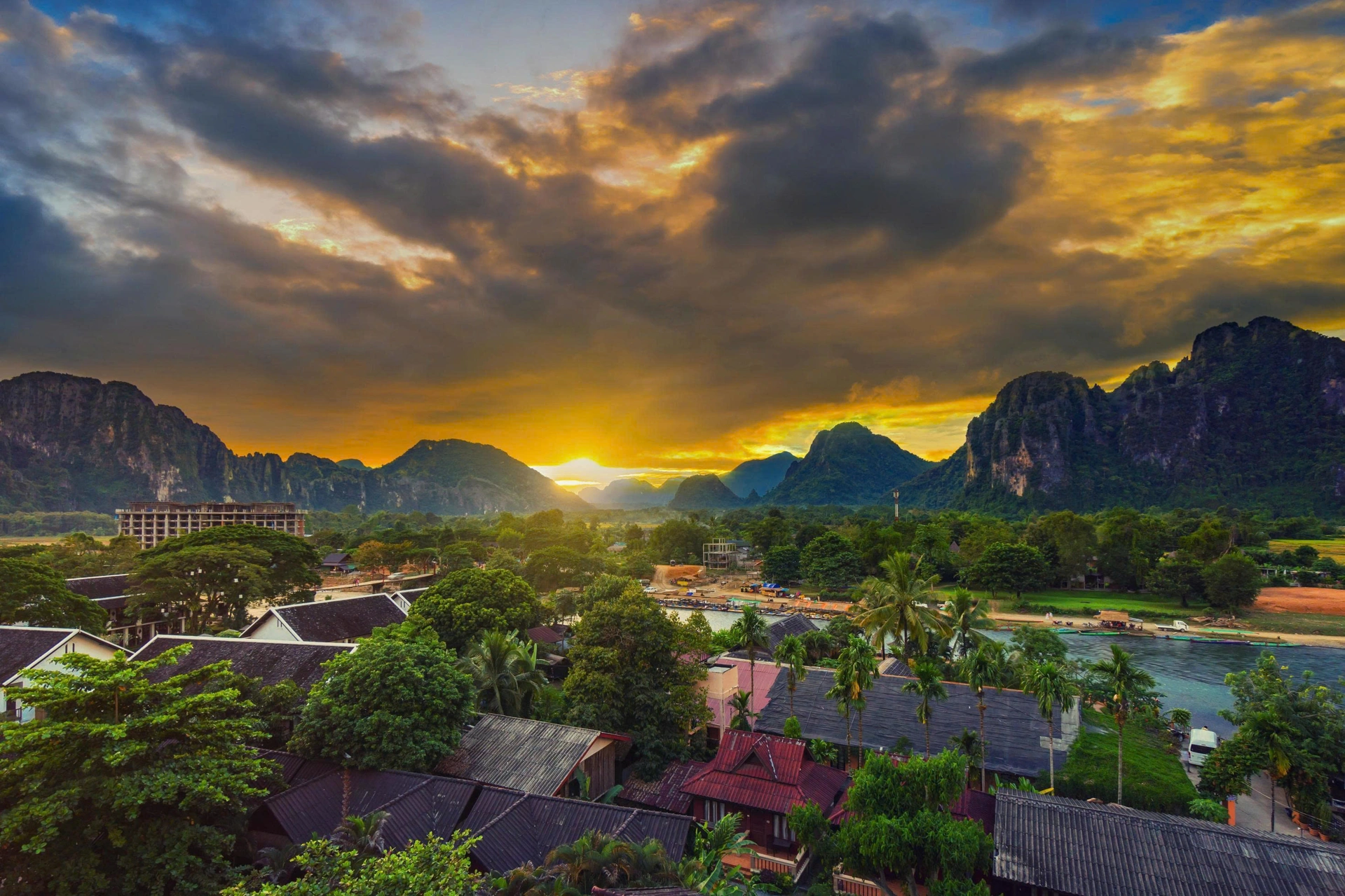
Geography & Climate:
Laos is located in Southeast Asia, surrounded by Vietnam, China, Thailand, Myanmar and Cambodia. Despite not having a coastline, Laos still attracted tourists through its breathtaking natural scenery, including high mountains, green valleys, waterfalls, and the Mekong River which flows for more than 1,800 kilometers through the country, plays an important role in daily life, culture, and transportation of Laotian.
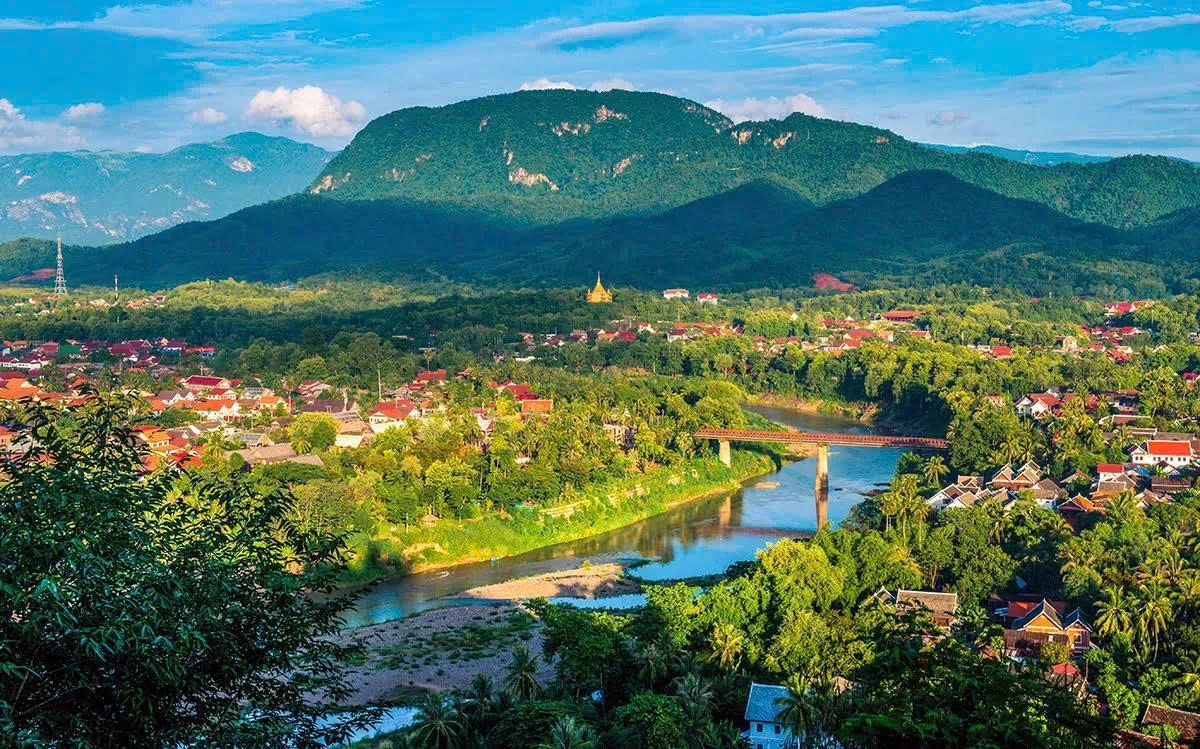
Laos has a tropical monsoon climate, which means it experiences two distinct seasons.
The rainy season lasts from May to October, bringing lush greenery, full rivers, and dramatic waterfalls, although heavy rains can make rural travel more challenging.
The dry season runs from November to April, and is divided into a cool period (November–February) and a hot period (March–April). The cool, dry months are the most popular time for visitors, as the weather is comfortable for sightseeing, trekking, exploring temples and villages. On the other hand, the rainy season offers fewer tourists, lower prices, and stunning natural landscapes, making it ideal for travelers who enjoy a quieter experience.
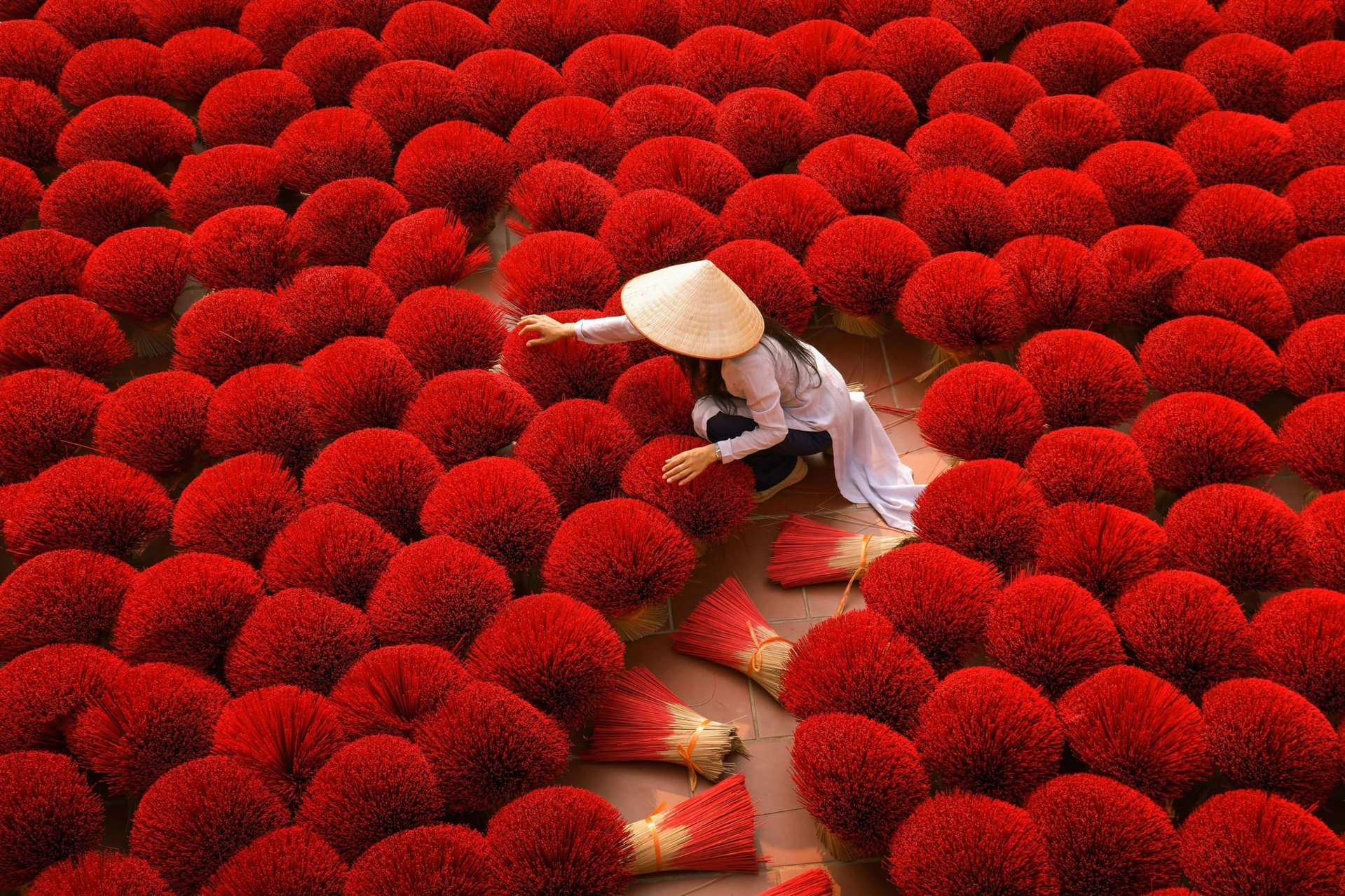
Vietnam is a country full of history, culture, and natural beauty, offering unforgettable experiences for every type of traveler. From bustling cities and ancient temples to serene countryside and pristine beaches, there is something for everyone. With careful planning, attention to local customs, and consideration for dietary or religious needs, Israeli travelers can enjoy a safe, enriching, and memorable journey.
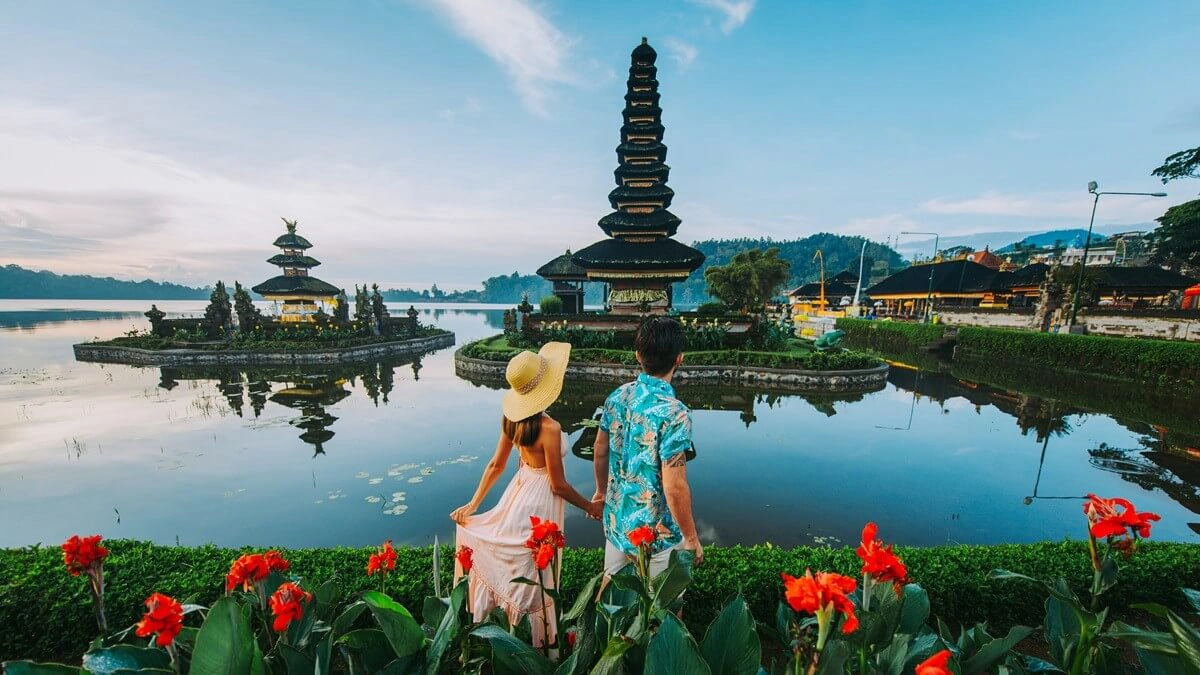
To enter Bali, travelers need a passport valid for 6 months; many nationalities get 30 days visa-free, while longer stays require a Visa on Arrival or e-visa. The island has a tropical climate with a dry season (Apr–Oct) ideal for beaches and festivals, and a wet season (Nov–Mar) with lush green landscapes. Cash in Indonesian Rupiah is essential for small expenses, though cards are accepted in larger venues, and transport mainly relies on taxis, ride-hailing apps, scooters, or private drivers. Visitors should respect local customs—dress modestly at temples, remove shoes in sacred spaces, and use the right hand when giving or receiving items.

Balinese cuisine is a vibrant reflection of the island’s culture, shaped by its Hindu heritage, fertile volcanic soils, and abundant spices. Meals are a harmonious balance of flavors spicy, savory, sweet, and aromatic—brought together through fresh herbs, coconut, peanuts, and chili-based spice pastes known as bumbu. Rice is the centerpiece of most meals, complemented by grilled meats, seafood, and an array of vegetable dishes. Many recipes are deeply rooted in ceremonial traditions, often served during temple festivals and family gatherings, making Balinese food not only a culinary delight but also a cultural journey.
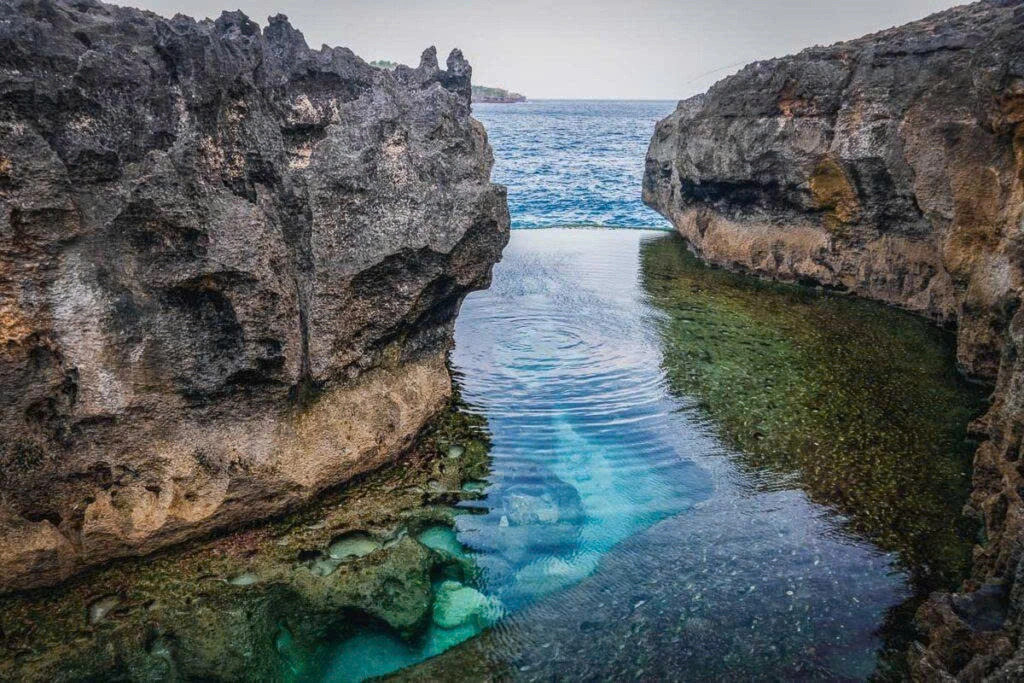
Nusa Penida is a stunning island off Bali’s southeast coast, famed for its rugged cliffs, crystal-clear waters, and dramatic landscapes. Highlights include Kelingking Beach with its dinosaur-shaped headland, Angel’s Billabong, and Broken Beach. Popular for snorkeling and diving, the island offers encounters with manta rays and vibrant coral reefs, making it a paradise for adventure and nature lovers.
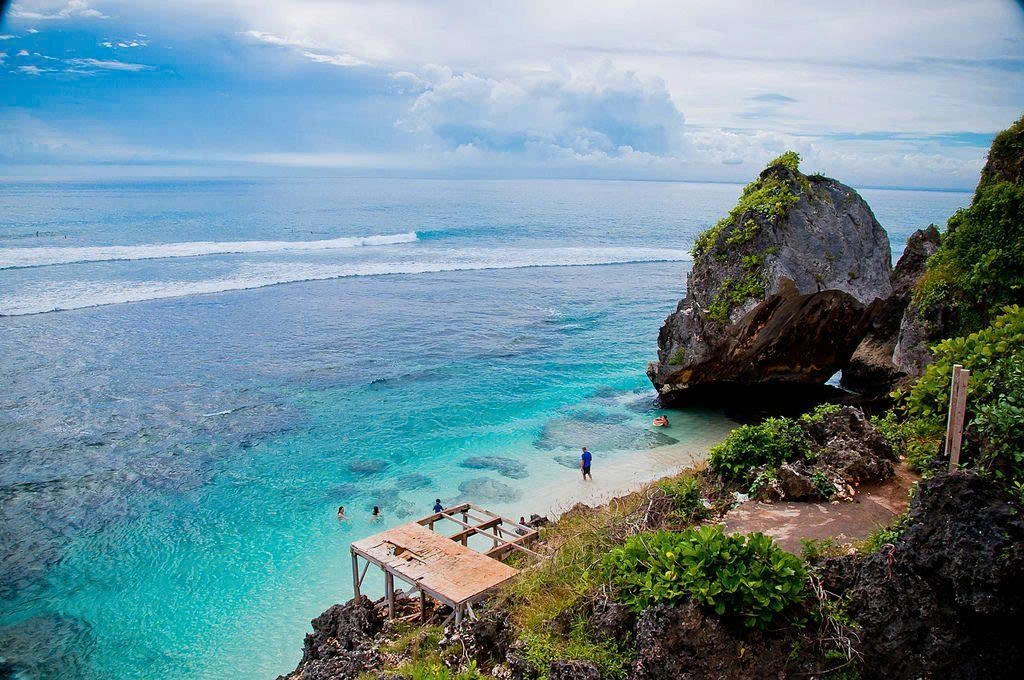
Uluwatu is renowned for its dramatic sea cliffs, world-class surf breaks, and breathtaking ocean views. At its heart lies the iconic Uluwatu Temple, perched high above the waves and famous for sunset Kecak dance performances. With luxury resorts, hidden beaches, and a relaxed coastal vibe, Uluwatu is a perfect blend of culture, adventure, and natural beauty.
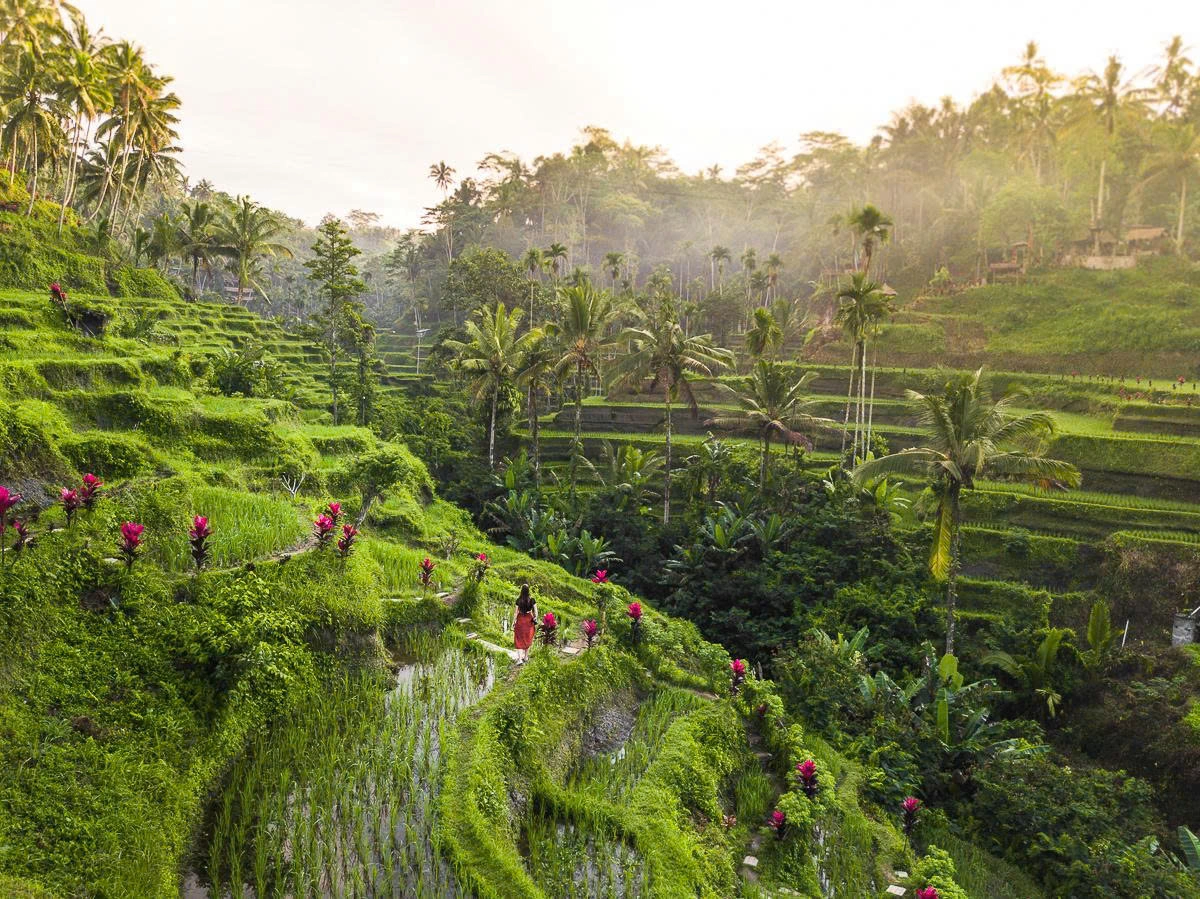
Ubud is the cultural and spiritual heart of Bali, surrounded by rice terraces, lush forests, and traditional villages. Known for its art, dance, and handicrafts, it’s also a hub for yoga, wellness, and spiritual retreats. With its temples, galleries, and serene landscapes, Ubud offers a deeper connection to Balinese heritage and nature.
Preparing for your upcoming trip to Asia?
Let us know what we can arrange for you!